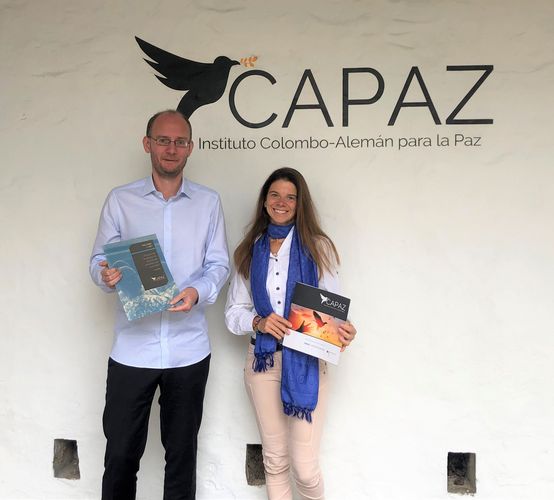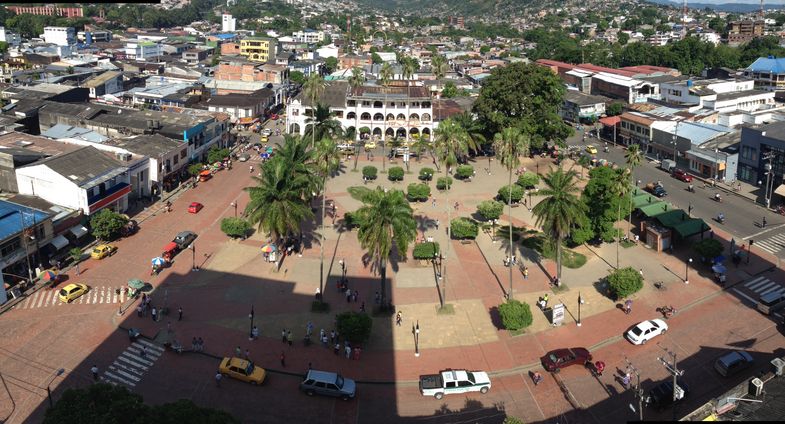“For the current peace process in Colombia, it is of great importance to facilitate easier networking and joint research projects with partners in Colombia and thus also provide impetus for further research projects and externally funded projects, especially outside the typical large private universities,” says Solveig Richter, Professor of International Relations and Transnational Politics at Leipzig University. CAPAZ’s academic focus is on social science research. Key areas include studying the dynamics of the peace process, reflecting on and learning from the past, security sector reform, and the integration of former FARC combatants. Until now, explains Richter, research at Leipzig University on the ongoing peace process in Colombia has focused primarily on individual projects in the social sciences, but now interdisciplinary approaches are also emerging: “Our admission to CAPAZ will also strengthen networking within the University and with the German Centre for Integrative Biodiversity Research, iDiv. For example, we are organising a joint workshop on ecosystem transformation in Colombia in November with researchers from the fields of geology, geophysics, ecology, and political science.” She adds that a joint degree programme in remote sensing and earth systems research is planned with the Universidad del Rosario in Bogotá.
Vice-Rector for Campus Development: Cooperation and Internationalisation, Professor Matthias Middell, also emphasises the importance of Leipzig University’s admission to the German-Colombian Peace Institute: “After more than 50 years of armed conflict, the peace process Colombia began in 2016 remains fragile. Joint, research-driven projects and transnational consulting services have the potential to help bring lasting peace to affected regions, and Leipzig can and would like to play its part here. In this regard, admission to CAPAZ opens up new possibilities in German-Colombian cooperation and is ultimately also a testament to the excellent work being done here in the areas of Latin American studies, conflict and peace research, and on issues of promoting democracy in post-conflict and transition societies.”
Germany is Colombia’s second largest individual supporter. According to DAAD statistics, Colombia is the country in Latin America with the second highest number of exchange students who come to Germany.
On Wednesday (12 October) the Academic Director of CAPAZ, Professor Stefan Peters, will visit Leipzig University for the first time and give a lecture on environmental conflicts in Colombia at 6pm in the Paulinum as part of the Globe22 Festival hosted by ReCentGlobe.
- About CAPAZ (Instituto Colombo-Alemán para la Paz):
The goal of CAPAZ is to offer and coordinate educational services and research projects, and to serve as a centre of excellence, accompanying government and civil society in the peace process. CAPAZ thus enables and facilitates access to peace research in Colombia, not only in its own country and in Germany, but around the world. It serves as a research, study and consulting facility. Its members are five universities each from Colombia and Germany as well as the Leibniz Association’s Peace Research Institute Frankfurt (PRIF). CAPAZ is funded by the German Federal Foreign Office.































































